
One of the first pieces of advice you hear when it comes to healthy eating is to cut out processed foods. This can be a little difficult given that just ultra-processed foods make up 58% of the average American’s caloric intake and companies constantly use doublespeak to blur the lines between minimally-processed and ultra-processed foods.
Let’s take a look at how processed foods are defined and how ultra-processed foods can affect your health.
What are Minimally-Processed vs Processed vs Ultra Processed Foods?
The definition of these foods has been set by the NOVA classification system as explained below.
Minimally-Processed Foods
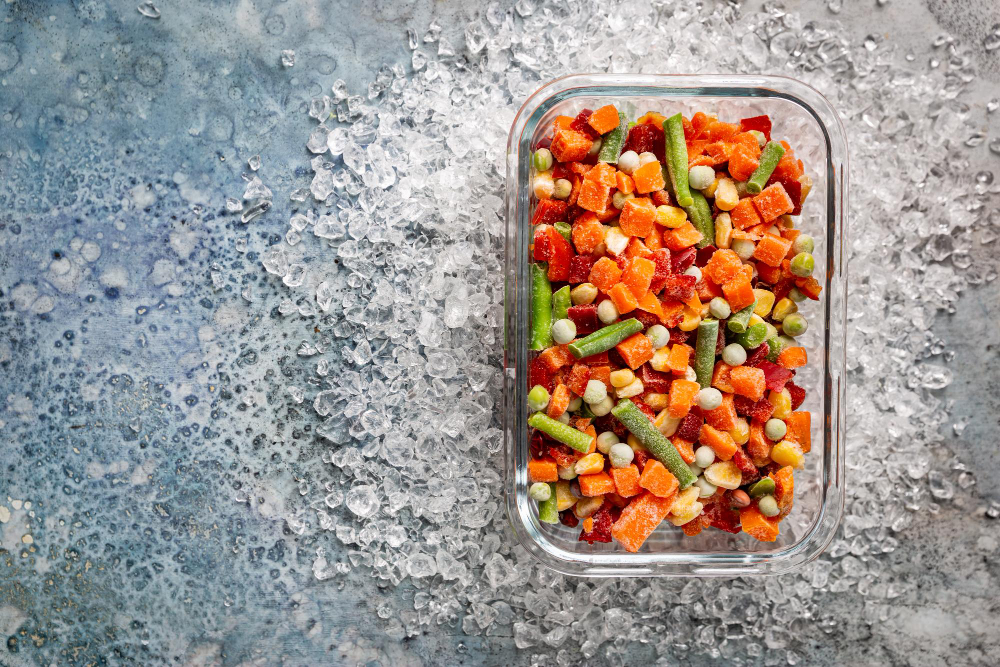
Minimally-processed foods are prepared to make them easier to access by being dried, frozen, refrigerated, filtered, or fermented. These processes generally are performed to extend the shelf life of these foods.
Examples of minimally-processed foods include:
- Frozen vegetables
- Fresh or pasteurized juices with no added sugars
- Eggs
- Lentils
- Dried fruits
Processed Foods
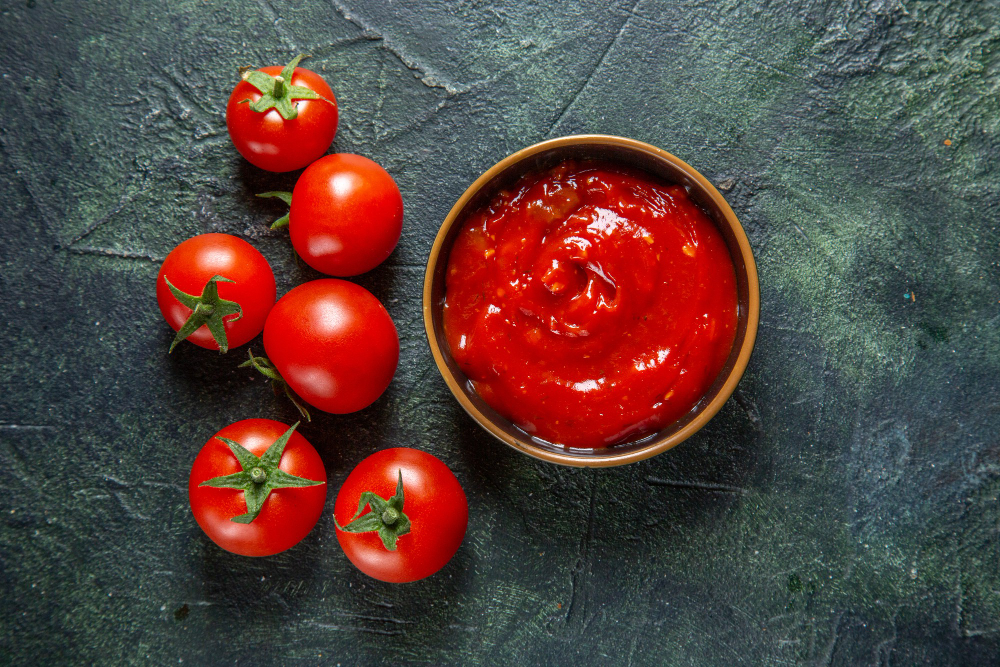
Processed foods are derived directly from foods and are recognized as versions of the original foods. They are usually consumed as a part of or as a side dish in culinary preparations made using natural or minimally-processed foods. Most processed foods have two or three ingredients.
Examples of processed foods:
- Canned vegetables
- Canned fish
- Tomato paste
- Fresh (unpackaged) bread
- Cheese
Ultra-Processed Foods

Ultra-processed foods are industrial formulations made entirely or mostly from substances extracted from foods and are engineered and optimized to have highly appealing tastes, textures, and appearances. Like processed foods, these include sugars, oils, fats, and salt but are made with further ingredients that almost feel more like science experiments than food.
Manufacturing processes include extrusion, molding, and preprocessing. Common additives used in ultra-processed foods are casein, lactose, gluten, whey, hydrogenated oils, protein isolate, maltodextrin, inverted sugar, and high-fructose corn syrup.
Unlike minimally-processed foods which might still need heating or other processes before eating, ultra-processed foods can generally be eaten right away.
Examples of ultra-processed foods include:
- Cookies
- Ice cream
- Chocolate
- Energy drinks
- Frozen pizza
How do Ultra-Processed Foods Affect our Health?
Most of the ways that ultra-processed foods affect health relates to their lack of ability to satisfy hunger, the addictive nature that makes them easy to overeat, and their high fat, salt, and sugar content.
[READ: 23 Health and Wellness Tips: Daily Habits, Work and Diet Tips]
Weight Gain and Obesity
This is probably the most obvious given the high amounts of fat, sugar, and overall calories in these foods. The British Medical Journal in observational studies has linked ultra-processed foods to higher rates of obesity in adults and children.
In a small controlled study, participants were given diets with minimally-processed vs ultra-processed foods where meals had identical calories, fat, sugar, and carbs and told they could eat as much as they wanted. Those on the ultra-processed food diet ate 500 more calories per day and gained 2 pounds over the course of the two-week study.
Blood Pressure
Elevated blood pressure is generally a warning sign for many other health conditions and is strongly related to our overall quality of life so as one might expect, diets high in ultra-processed foods are associated with elevated blood pressure.
[READ: 17 Ways to Lower Blood Pressure without Medication]
Heart Disease
Left unchecked, elevated blood pressure can lead to hypertension or heart attack so heart disease is another risk when eating too many ultra-processed foods.
In a long-term study over 18 years, each daily serving of ultra-processed food was associated with a 5% increase in overall cardiovascular disease and a 9% increased risk of cardiovascular disease mortality.
Diabetes
With the near-addictive nature of ultra-processed foods along with their often high sugar content, there’s a strong risk of developing diabetes with excessive consumption. A large-scale meta-analysis found moderate intake of ultra-processed food increased the risk of diabetes by 12% among respondents.
[READ: How to Cut Back on Sugar]
Colon Cancer
A long-term observational study found that men who ate ultra-processed foods developed higher rates of colorectal cancer. Men in the top fifth of ultra-processed food consumers developed colorectal cancer at a rate of 29% higher than the bottom fifth over the course of the decades-long study.
Notes from the study point out the nature of the study means it wasn’t well-controlled. Patients in the top fifth might have had an overall poorer diet, higher BMI, and were more likely to smoke cigarettes.
Longevity
While genetics and environmental factors certainly play a role in our overall lifespan, diet and lifestyle also strongly contribute to our longevity. It follows from this that a diet high in ultra-processed foods might decrease one’s longevity. How much of an effect can they have? A recent study of more than 22,000 people found those who ate large amounts of ultra-processed foods had a 19% higher likelihood of early death and a 32% higher risk of dying from heart disease compared with people who ate few ultra-processed foods.
Considerations
The caveat for all of these effects is that they can only be observed by correlations within studies rather than stating an exact causal mechanism. Ultra-processed foods run a range and even bad diets can vary widely so this is the best we can do to understand how these foods affect our health.
Actions to Take
Eliminating all ultra-processed or convenience foods from your diet at once can be challenging. The first step is to learn how to identify ultra-processed foods and find substitutions. Then try to find more natural or less processed alternatives. For example, if you often buy fruit yogurt, try buying plain yogurt and adding your own fruit to it.
With our fast-paced lives, it’s totally understandable that some items are hard to give up because of their convenience. In these cases, compare labels and choose the best option you can. If you buy peanut butter all the time, compare labels and look for a less-processed alternative. Taking these steps over time will leave your diet and lifestyle less dependent on ultra-processed foods. It’s a little more work but will pay off greatly.
Bottom Line
Ultra-processed foods are precisely engineered to be tasty, convenient, and hard to give up. But multiple studies have shown how harmful they can be.
Should you completely cut out ultra-processed foods? Maybe not. Or at least not all at once given that dietary changes that drastic can be hard to stick to. A better plan might be to identify some of the worst ones in your diet and try to eliminate them in phases then find better substitutions.
This article is provided for informational purposes only and is not intended to be used as medical advice. If you have immediate concerns about your health, please seek the help of your physician.
*These statements have not been evaluated by the Food and Drug Administration. Products are not intended to diagnose, treat, cure or prevent disease.




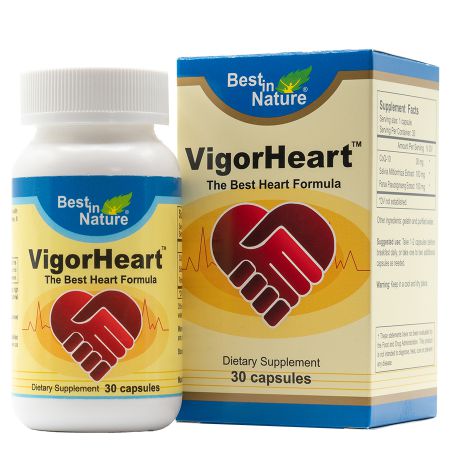
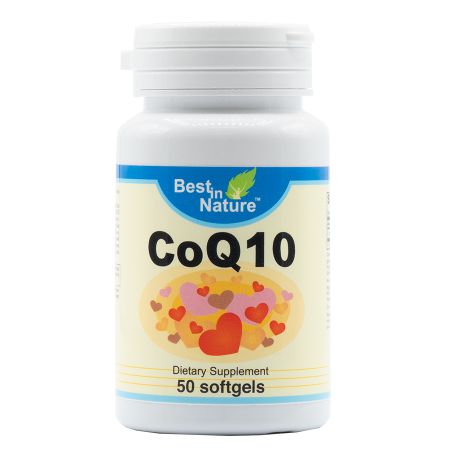
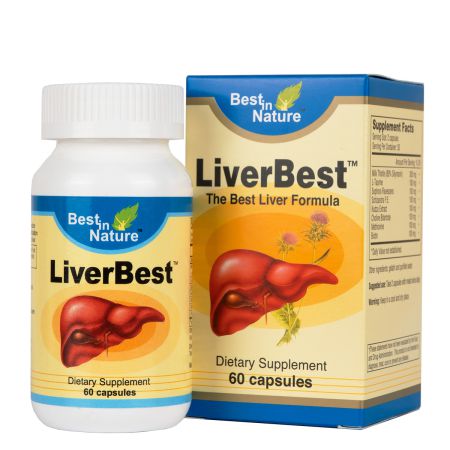
Validate your login
Sign In
Create New Account